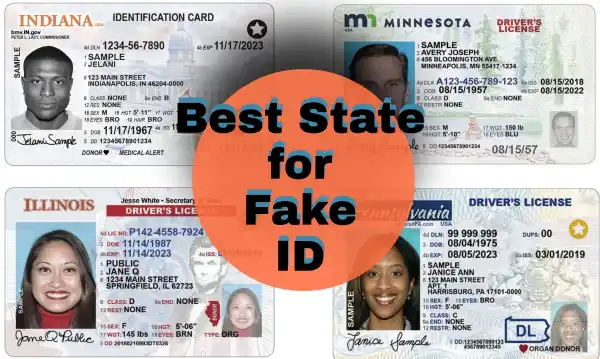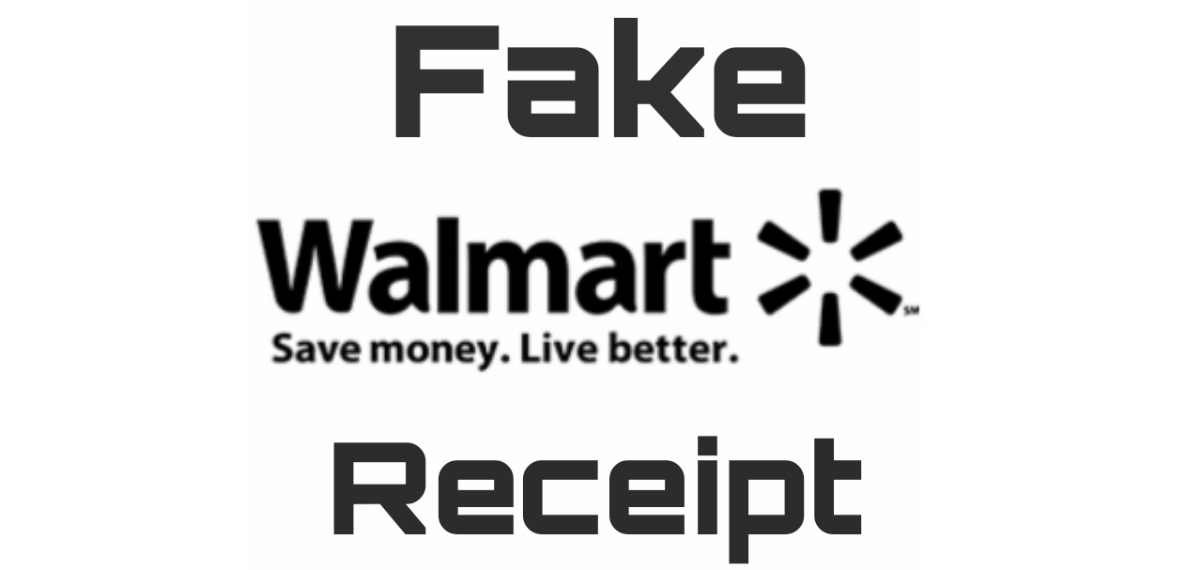The allure of making yourself look like a financial superstar to lenders can be strong. And now you want to seem more appealing to get a loan with fake documents. While you can get the money, you risk potential prison sentences behind bars. The best move is to always keep it real when applying for a personal loan or any kind of credit. Be honest about your income, employment, and assets. And if there are any changes in your financial situation, notify your lender about it.
What Information Do Lenders Verify on Applications?
When you’re filling out a loan application, a loan company will request details like your salary and employer information. Some lenders verify employment and income on only about 60% of our loans. That’s because they don’t trust self-reported information when it comes to making investment decisions.
They typically need to know why you need the loan, your income, occupation, and employment status. But they don’t bother verifying most of it because they think it might be incomplete, inaccurate, or even intentionally fake.
Verification takes place in a few situations, including:
- if something fishy pops up on your credit profile or application, the lender might get suspicious and start snooping around.
- If your application is linked with conflicting or shady information, like claiming a fat paycheck when it’s not so.
- If the lender suspects fraud.
If the lender is not going to check, why not bend the truth a little? Well, it can be a terrible idea. Seriously, don’t do it. So, let’s just say it loud and clear: lying on a personal loan application is a big no-no.
How to get a loan with fake documents
So, here is the confession story of an accountant who took a loan using doctored paperwork. They have a deep understanding of the processes of securing a bank loan and leverage it to get a loan with fake documents.
- They found themselves in a financial bind due to some family needs. However, they were unable to secure a bank loan as they already had an existing loan at another bank and their salary was insufficient to cover an additional loan.
- They discovered a promotional offer from a different bank, referred to as Bank A, which offered to buy out their loan from the original bank, Bank B, and still provide them with some additional funds. The amount was significantly lower than what they needed, but they had no other options.
- They requested their Statement of Account (SOA) from Bank B to attach to their loan application for Bank A. Upon receiving the SOA, they noticed that it showed a zero balance, even though they still owed some money.
- They spent a night debating whether to correct the SOA or submit it as is. They decided to submit it with zero balance, hoping to receive the full amount of the loan. The following day, they submitted their documents, including the SOA with a zero balance, thinking they could feign ignorance if Bank B confirmed the discrepancy.
- They then waited for background checks. They had a close relationship with their HR verifier, who verifies the amount of take-home pay for loans. They showed the verifier the SOA from Bank B, leading the verifier to believe that they had paid off their loan from Bank B. The verifier then certified that their take-home pay was enough to cover the new loan.
- After the background check, Bank A asked them for certification from Bank B that they had cleared their loan. They used a letterhead and signature from a previous letter from Bank B to create a fake certification.
- They submitted the fake certification to Bank A in digital format to avoid suspicion. The following day, Bank A asked them to collect their loan and bring a copy of the certification. Despite some doubts from Bank A, they managed to convince the bank that the certification was legitimate, and Bank A released the loan.
- More than five years have passed, and they are still surprised that they were able to pull off such a feat, which would normally be impossible.
- Due to a ‘system error’, their loan from Bank B was wiped out, leaving them with only the loan from Bank A to pay. They applied for the loan a month before leaving their job. In their country, banks usually don’t give out loans during such times due to policies.
After leaving their job, they moved to another state, and the loan was forgotten. To this day, the loan remains unpaid and has not affected their credit score for unknown reasons. Well, that’s to say that to get a loan with fake documents, you need a bit of luck like this.
Consequences of faking a personal loan application
Let’s say you decide to change your salary figures or doctor some documents. That’s straight-up lying, and it can have some serious consequences. First off, kiss goodbye to the loan. The lender will cancel the loan faster than you think.
But if you manage to get past the loan verification with fake documents, don’t get too comfortable. If the lender finds out, they’ll request an immediate repayment.
Don’t forget about the impact on your credit score and future loan prospects. Getting stuck with an insurmountable debt is no walk in the park. It won’t take long before that burden spills over into other areas of your life, like your job and even your home.
Legal ramifications of criminal offenses
In North Carolina back in 2015, a woman decided to play the deception game and provided some fake documents about her income and assets for a loan. She got caught, pleaded guilty, and ended up with a 5-year prison sentence. Prosecutors claimed she used the loan money to help finance a $1.85 million mansion.¹ Ohio has also had its fair share of loan lies. In 2014, a South Euclid woman was sentenced to 14 years in prison for her role in a variety of schemes that resulted in a loss of more than $73,000.²
These cases might not be everyday occurrences, but they sure serve as cautionary stories. Lying on a loan application is playing with legal fire, and sometimes you get burned. Perhaps you want to think twice about faking a loan application with doctored documents.
Misconceptions of fake information in loan applications
When people decide to lie on their loan applications, they tend to rely on one of these:
- Dodgy residency details. Proof of U.S. citizenship or residency is usually required for loans, but some people try to pass themselves off as residents since they don’t meet the requirements.
- Pumped-up income. They often boost their annual income to secure loans or better rates.
- Debt omission. It’s not just about the money you make; lenders want to know your debts too. They want to gauge if taking on another loan is reasonable for you.
- Downplaying assets. For a lower interest rate, some borrowers fail to disclose all their assets.
- Phony job claims. Some applicants falsify their work history to make themselves seem financially capable.
How Lenders Spot Fake Loan Applications
When it comes to loan applications, financial institutions aren’t easily fooled, and your supporting documents undergo rigorous scrutiny. The lender will dig deep, combing through public records and your financial history to verify the authenticity of every piece of information you’ve provided.
Technology even makes their job easier. Special programs and software come equipped with features to double-check your claims for anything suspicious. Some forms even have embedded coding to catch any document alterations, modifications, or edits.
Tips to Secure a Loan
If you’re worried that a bad credit score might be standing between you and a loan, there are a few savvy ways to improve your credit score before the loan application. First, pay your debt and watch your credit score soar. Keep those old accounts open, because having them on your credit report can work in your favor. Also, resist the temptation to go on a spree of credit card or loan applications.
Even if one lender has rejected you, there are lenders who specialize in helping borrowers with less-than-stellar credit. Let’s talk about some loan categories where you might have better odds:
a. Face-to-face financing
Sometimes, it pays to go traditional and visit a brick-and-mortar bank or lender you’ve already worked with. Face-to-face conversations with actual human beings can make a difference. They might be more flexible and willing to work with you, even if your financial history isn’t top-notch. Just be prepared for slightly higher fees or interest rates.
b. Flexible repayment solutions
If the idea of repaying a loan all at once gives you the jitters, personal installment loans can save the day. You can pay them back in manageable installments, easing the burden on your wallet.
c. Tailored funding options
Some lenders specialize in loans for specific groups, like students or military members.³ Banks or credit unions often have flexible options for personal loans. While they’ll still want to see your credit history, they might be more forgiving to military personnel or students with less-than-stellar records.
- Raleigh woman gets 60 months in prison for bank, mail fraud. Business Journal
- South Euclid Woman Sentenced To 14 Years In Prison For Identity Theft And Fraud. U.S. Department of Justice
Read also: Tips to fake a bank statement for gag





